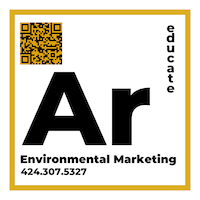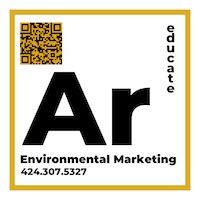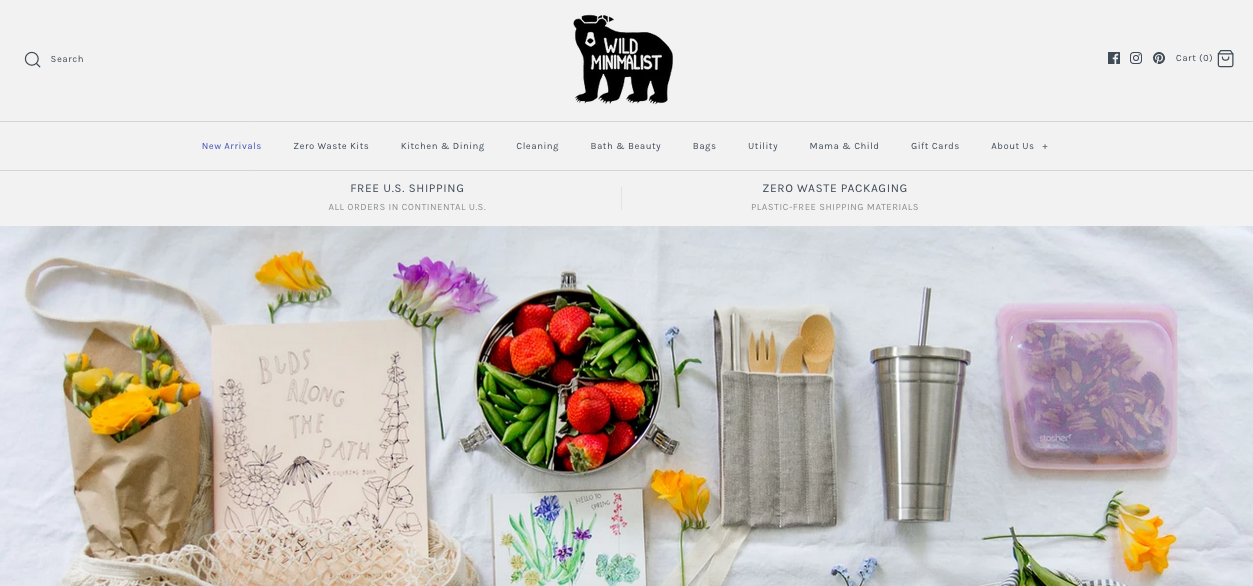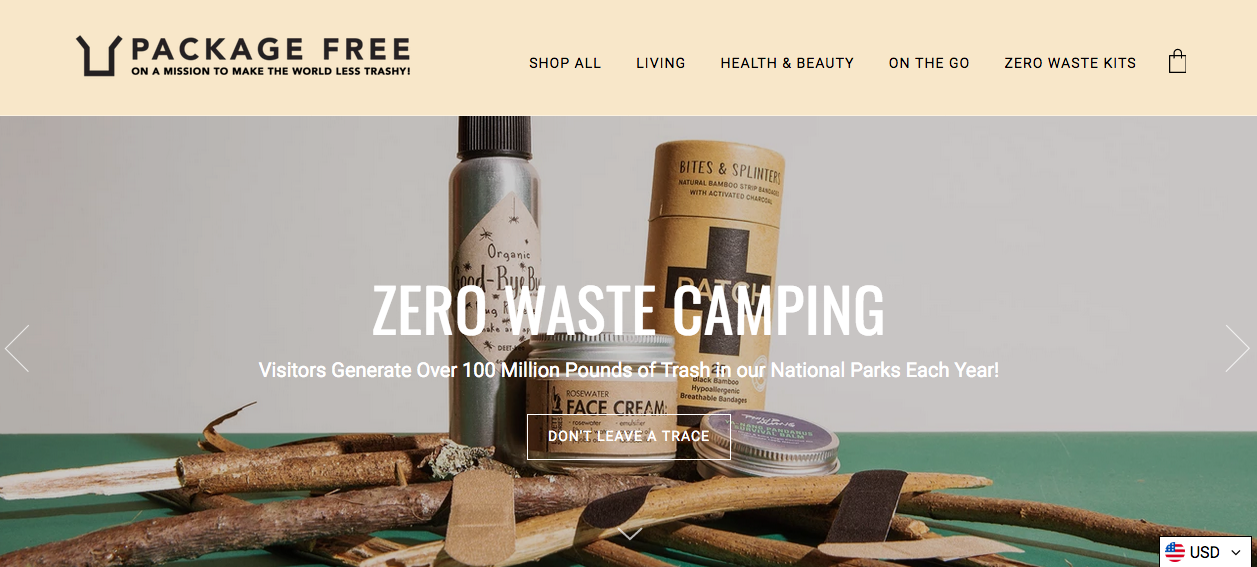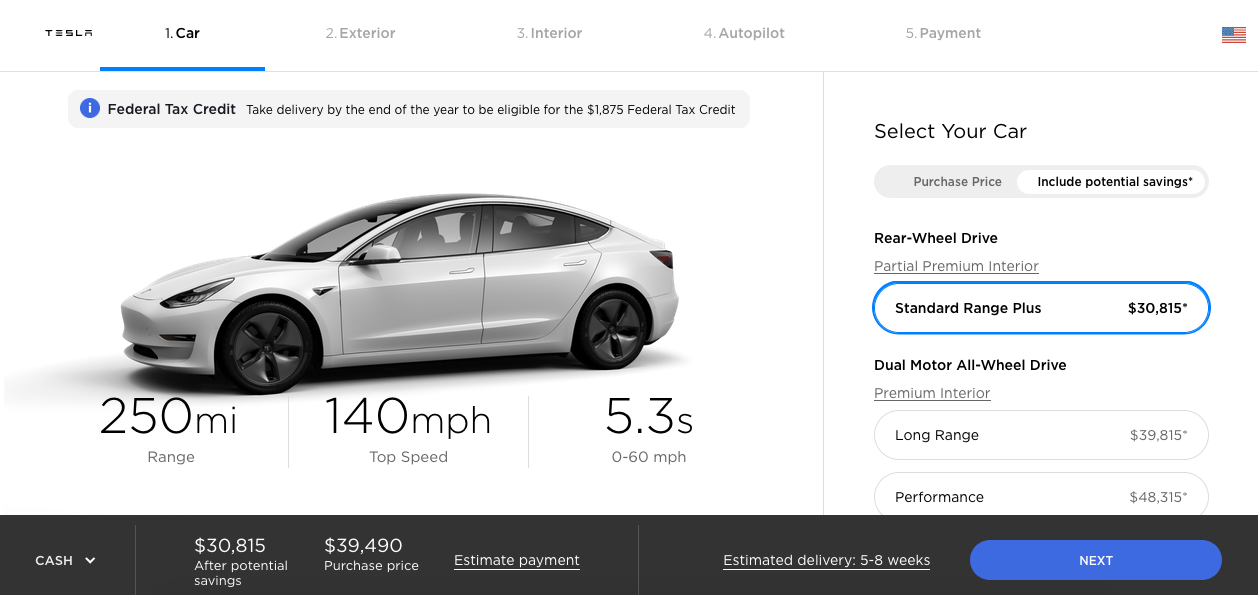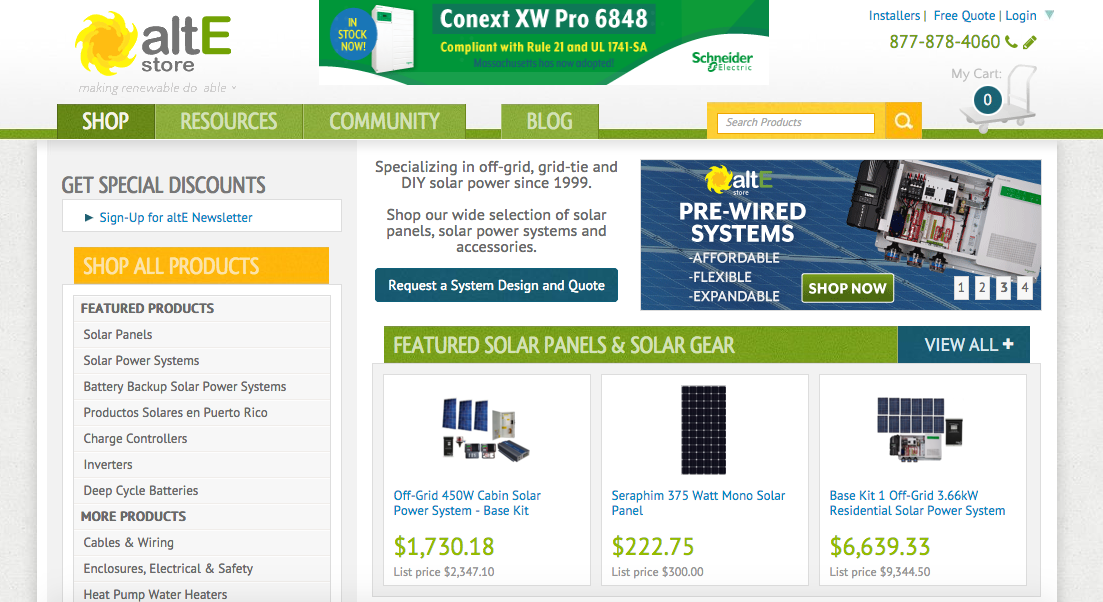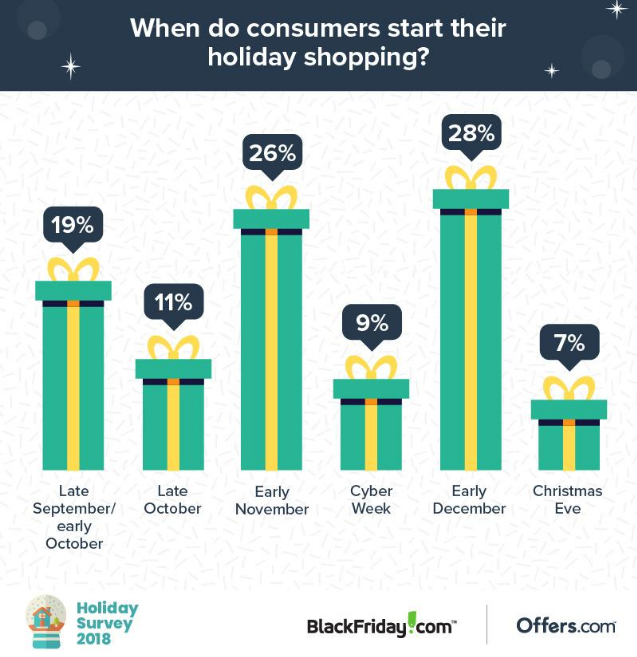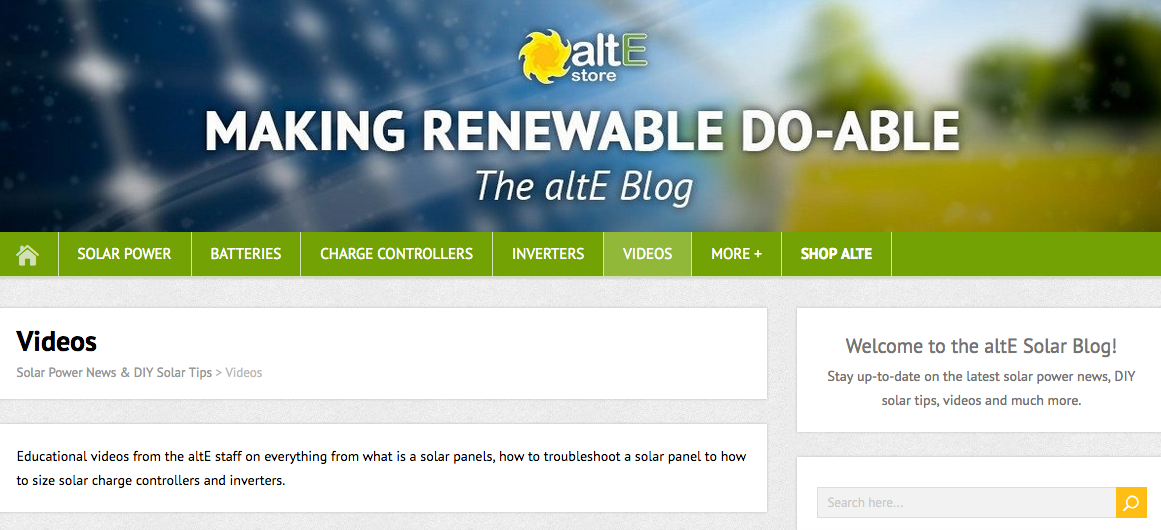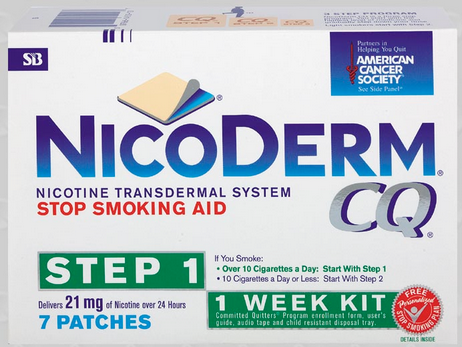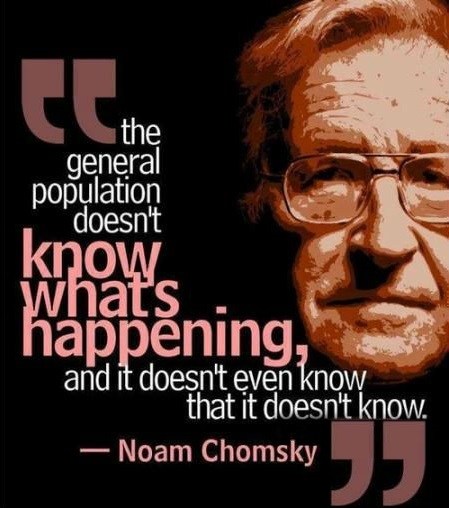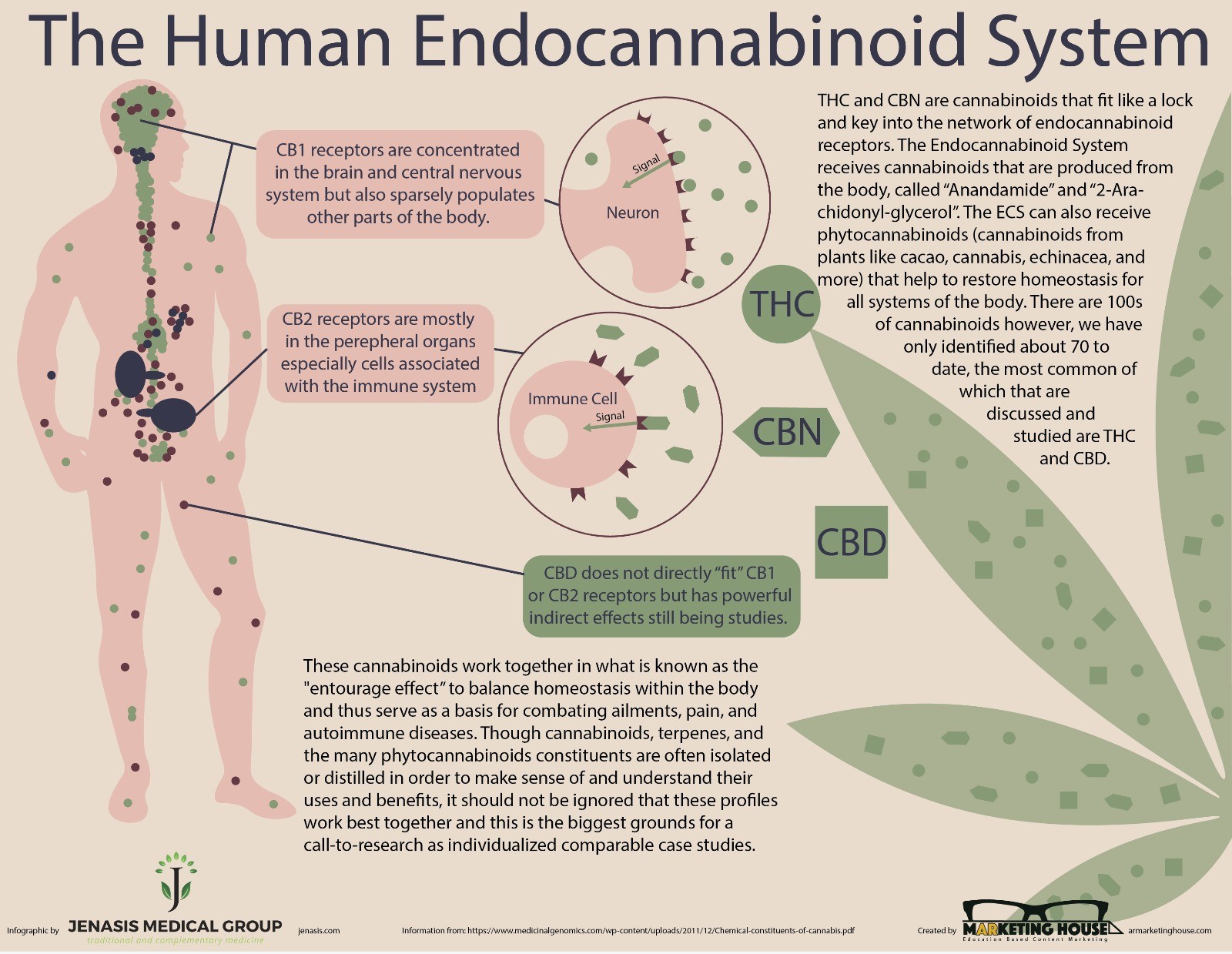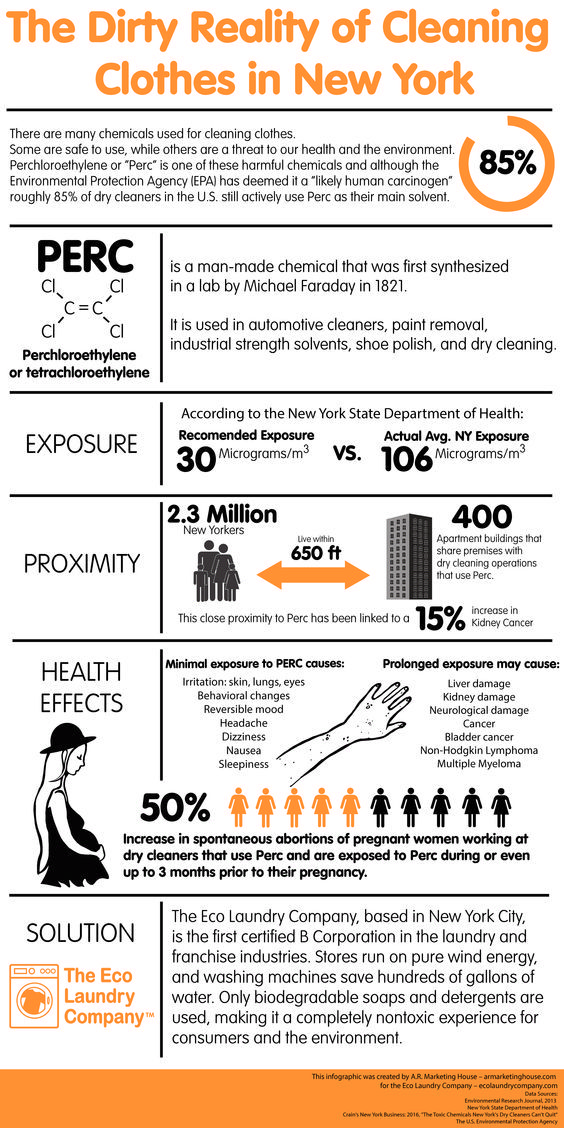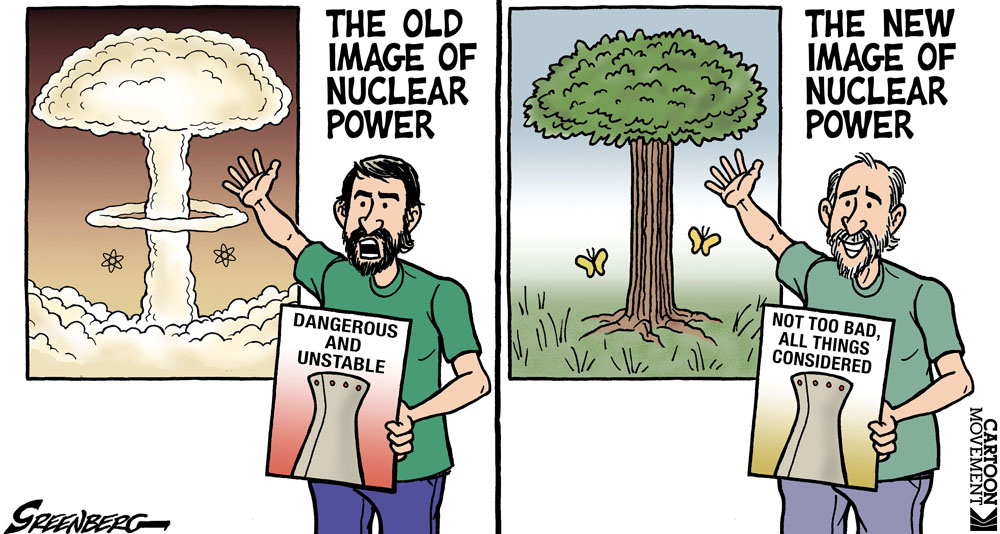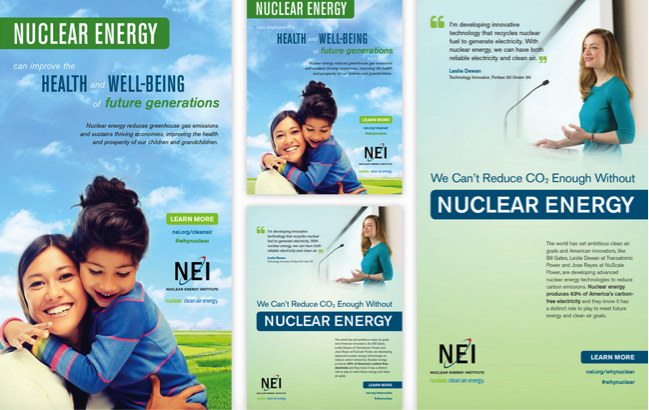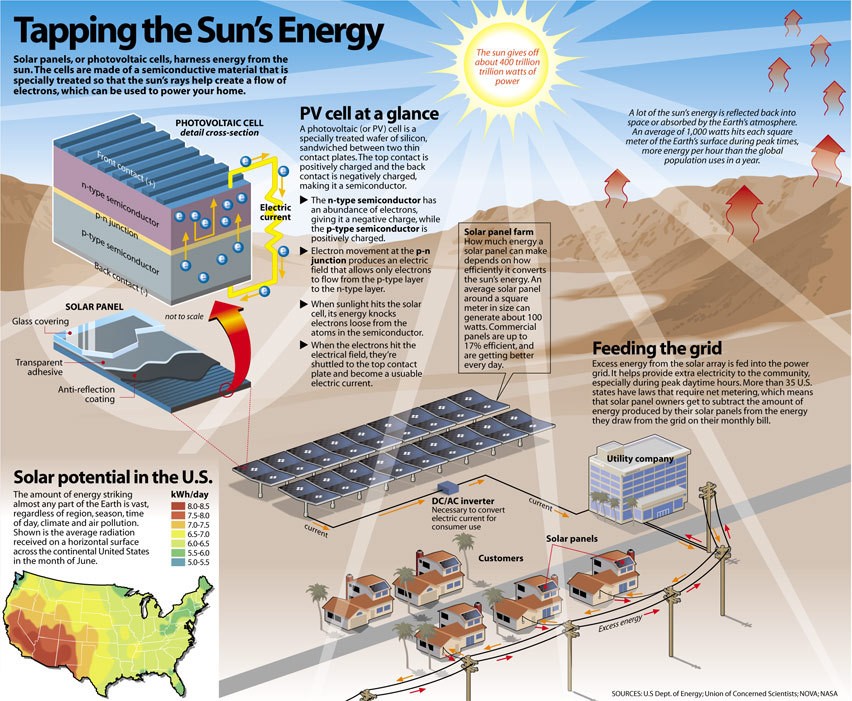Eco eCommerce stores have been popping up since the early 2000s and have grown with the high demand for more environmentally conscious products. It’s easier than ever to source the items you need for a cleaner, greener lifestyle. Here are 5 of the Top Eco eCommerce stores that have created a loyal following, some of which might surprise you.
1. Tiny Yellow Bungalow
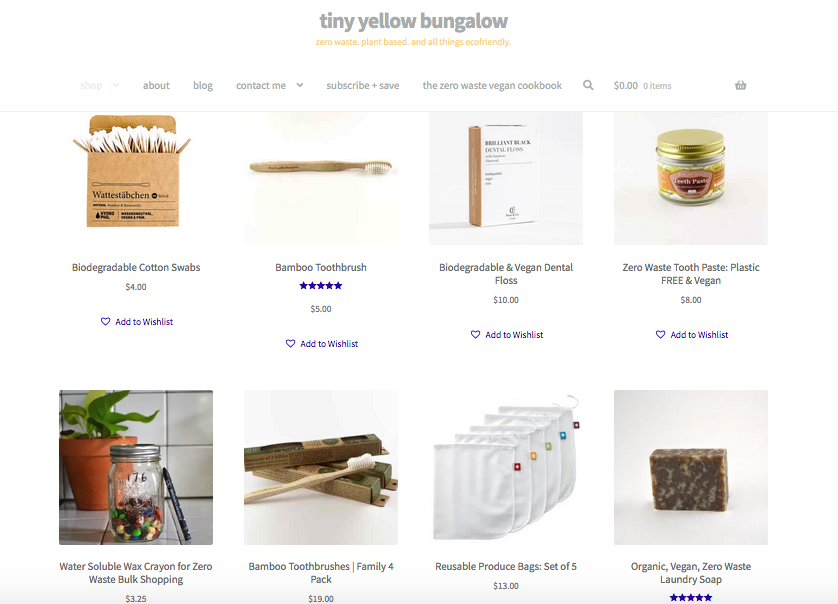
2. Wild Minimalist
3. Package Free Shop
4. Tesla
5. AltE Store
Products with harmful eco footprints that have been dominating the markets are finally seeing a dip in sales as consumers demand healthier, more sustainable products. People are starting to question if the items they buy are contributing to the harm of the planet. Product packaging is also under some well-deserved scrutiny, leaving the scientific world to examine the health and ecological footprint on our environment; see the CIEL Plastic & Health Report. However, while we wait for science, the collective sentiment on plastics in our environment is that we now assume they’re having unknown and damaging impacts on our health and ecosystems. Major brands are starting to pick up on this consumer dissatisfaction with the destruction of our planet because of wasteful packaging. This is why labeling and marketing products as green are on the rise. However, consumers are in the middle of deciphering, what is the truth and what is greenwashing.
The shift from big brand greenwashing to emerging green brand education
According to a 2017 consumer market study released by Unilever, ⅓ of consumers are taking charge to actively seek and purchase from brands based on their environmental and social impact, see more in the white paper 2020: The Future of Environmental Marketing. More governments are implementing policies to get rid of toxic products, as well as incentivizing companies, to comply with environmental standards and create healthier products. Brands that are creating and selling harmful and toxic products know they need to either (A) adjust their profit model to include externalities currently thrust on to the public (B) spend a lot of money on greenwashing. Unfortunately, many of these big brands are doing the latter. As new, genuinely sustainable solutions arise, and toxic brands see more failure in their greenwashing and toxic lobbying tactics, we will see a massive shift in people turning to green products. Emerging brands will realize the need to adopt a powerful educational green marketing strategy for their sustainable brand to become the norm, and for toxic products to disappear from our stores.
The buy less movement’s chance to leverage Black Friday and Cyber Monday

Black Friday and Cyber Monday used to be huge one-day-only sales events associated with big-box lines, crazed shoppers, with admittingly controversial beginnings. Black Friday and Cyber Monday have now become a week-long sale event where most people wait to get great deals. Like REI who encourages people to go outside for Black Friday, many eco brands know it’s time to step up the competition and grab market share from their greenwashed counterparts. A recent study by BlackFriday.com and Offers.com shows that consumers start holiday shopping as early as September. The same survey revealed that November is just as big of a shopping month, as December. This means eco-brands who are genuine about helping people switch habits, will be competing with the unsustainable brands, during the holiday months.
Since people start their holiday shopping up to three months before, nurturing your leads, as well as current and past customers, means educating them around your product and its environmental solutions. More studies are finding that consumers don’t want to be sold to, especially those who are interested in eco-products. People want to be educated and engaged in making a genuine difference. Especially for eco-brands, education is a huge opportunity to make people who follow you, the smartest people in the room. Show off your sustainability chops, and help people determine the genuine eco-claims. Providing content that educates consistently, and messages that start during the weeks leading up to Black Friday and Cyber Monday can set your end-of-year sales up for success, eh hem, and the planet.
Eco brands’ time to step up, step out, and educate
In a Nielson survey, 66% of people surveyed about new consumer expectations, said they would pay more for brands that commit positively to the environment. However, it doesn’t stop there; consumers are becoming more aware of the misleading claims many unsustainable brands are boasting about. Greenwashed and unsubstantiated environmental claims have led to a general sentiment of distrust in eco products. Once consumers are educated and shown proof, people quickly become loyal evangelists and promote their favorite eco-products proudly. And an excited, happy customer that believes in the same mission as you is marketing gold that most big brands can’t touch. In fact, 62% of consumers surveyed, said trust is the most significant factor for determining whether they click the ‘buy now’ button. This means that to gain trust and sales, brands will need more than just a label that says your product is “eco-friendly,” it needs facts and scientific proof.

“Consumers want greener goods from greener companies. This focus on sustainable values has superseded a focus on product, lifestyle, and many other previous marketing methods. Consumers buy green for a reason. Companies need to understand what motivates the consumers so they can align their operations and communications to emphasize these values. True success comes not just from using a green message, but from applying all of the wisdom from the marketing discipline.” – Duquesne University, 2014.
Educational content is the golden ticket, especially for eco-companies. An ongoing study at A.R. Marketing House proves that people make purchasing decisions based on if a product improves their environment or health, almost 77%.
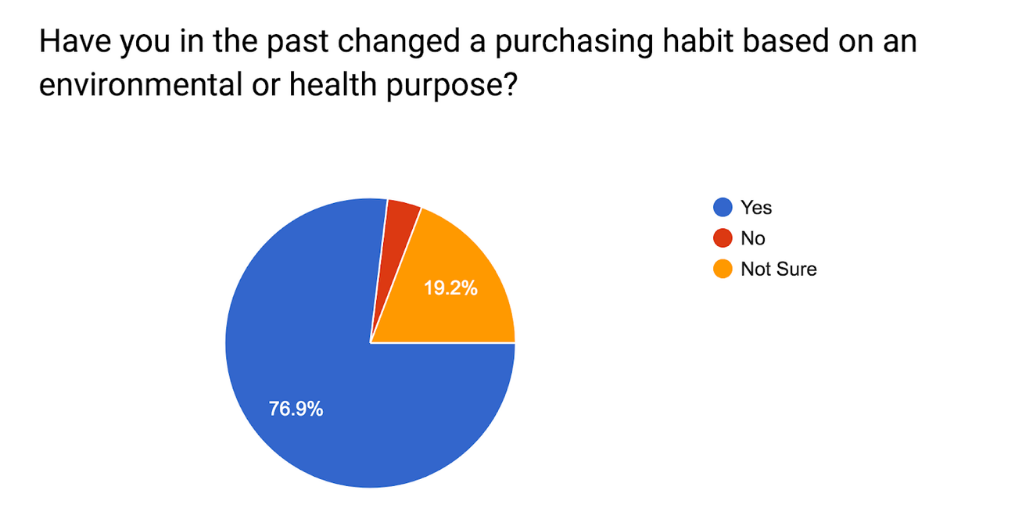
Big brands are very aware of this and spend their marketing dollars on greenwashed content to highlight their charitable contributions and fluff stories to distract from their toxic products.
 How eco eCommerce brands can execute intelligent marketing for the Holidays
How eco eCommerce brands can execute intelligent marketing for the Holidays
Creating environmental educational content that leads up to Black Friday, Cyber Monday, and the December holiday shopping season is the way eco-eCommerce sites can have a leg up this holiday season, and into 2020. It’s especially crucial for green businesses to educate all year round. If earnest environmental education isn’t currently a part of your marketing strategy, now is the time to jump ahead of the green educational content curve.
Educational, environmental content is the first step, and dissemination is step two. Where you share this informative content is vital. The 80/20 rule of creating amazing cornerstone content is spending 20% of the time creating different types of content and 80% of the time getting it to many audiences.
[su_pullquote align=”right”]”A $1 trillion market opportunity exists for companies that can successfully explain their sustainability efforts to consumers, according to a new study from Unilever.” – Baldino, 2017.[/su_pullquote]
Where to place and how to promote your educational content
There are many ways to start educating your audience. Starting with your website, you can create website content that is transparent and educates on things like our plastic crisis, solutions to climate change, and collective action your audience can take. The more you provide your audience with valuable, actionable content, the more they will trust your brand and be encouraged to share their new-found knowledge.
Creating a hierarchy of content where you develop one cornerstone piece, and multiple offshoots are helpful in the process of creating various pieces of educational content. These different types of content, i.e., videos, SlideShares, infographics, etc. can be tailored to all the platforms your audience is on.
Emails are a strong vehicle to deliver educational content that nurtures your list. It’s also a way to lead into Black Friday, Cyber Monday, Holiday sales, and your 2020 marketing strategy. As for the 2019 holiday season, it’s predicted that consumers will spend more than $12 billion, and 61% of shoppers will spend their money online. Leveraging your email list and creating content consistently will generate leads and nurture the people you have now, to shop with you.
When to start your Eco eCommerce holiday educational and sales campaign
The time to start building your holiday campaign was yesterday. The next best time to start is today. Most deadlines for a cohesive holiday campaign will need to begin by November 7th. The deadline is because Black Friday and Cyber Monday are no longer a one-day event, as most shoppers are too bombarded these days. You want lead-in and connection building content before offering up your sale.
Education done all year long creates educated consumers who are hooked on and align with your brand. The more we know about our customers, the more we can tailor education to their needs, and the more they will share that information creating brand loyalists.
Conclusion
Distinguishing between big-box greenwashing and emerging eco brands who are genuine is important to Millennials who are now the biggest and most educated of all U.S. generations. Millennials are not buying the greenwashed pitch anymore, no matter how hard companies swing an environmental angle for their campaigns. The more educational content eco-products create and disseminate, the harder it will be for the toxic brands to keep up with savvy consumers.
Email, website content, social media content, engagement campaigns, video content, and Green PR, are some of the best ways to incorporate education into a holiday strategy that you can carry into the new year. People are wary of brands with sustainable claims, tired of greenwashing and looking for real solutions. The new climate for green products and services requires brands to prove that they understand environmental issues, teach on those issues, and show that they are genuinely part of the solution. Consumers want to be taught to ensure they are making truly sustainable and healthy choices.
Knowing that consumers and their actions are changing is especially important information to take into the planning stages for holiday promotions. It’s no longer feasible to go into Black Friday and Cyber Monday with a one or two day sale if your brand wants to meet and surpass Q4 goals and sales, this is especially true for eco brands. The name of the game is building genuine relationships where your brand embodies your mission to improve the planet and help others along the way.
If you need a hand, our team can help get you started on your Holiday Strategy now. Hurry time is ticking. Contact the A.R. Team.
About A.R. Marketing House
- The first and only green content marketing company to raise the integrity of “marketing”
- We actively solve the challenges that environmental companies face
- Offer new and different approaches to marketing as environmental companies have: different pain points in sales journey; up against greenwashing; new ways to approach Public Relations, educational approach to marketing strategies
- Educational forms of content marketing strategies
Resources:
https://www.nielsen.com/us/en/insights/report/2015/the-sustainability-imperative-2/#
https://www.nielsen.com/wp-content/uploads/sites/3/2019/04/global-sustainability-report-oct-2015.pdf
https://www.outboundengine.com/blog/content-marketing-and-email-marketing/
https://blackfriday.com/news/holiday-shopping-survey-data
https://www.thebalance.com/what-is-black-friday-3305710
https://armarketinghouse.com/1-trillion-market-share-for-companies-who-educate-on-sustainability/
https://armarketinghouse.com/do-consumers-really-care-about-the-environment-survey-says-100-yes/
